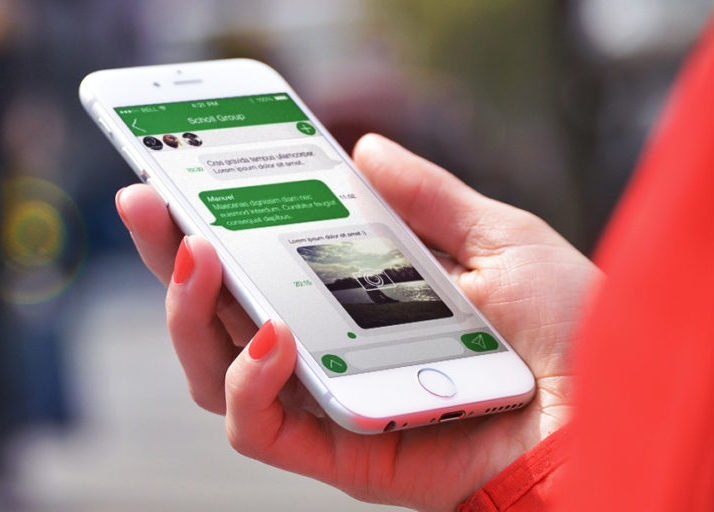When everyone is home and the best way to communicate with one another is through messaging apps like WhatsApp, those with malicious motives do not rest. It is in such times that individuals with scams get the best of their victims and since the face-off is not physical, the impact is worse than you would imagine.
WhatsApp has always shared ways in which you can protect yourself against scams on the app and you should not take these lightly.
Never share your activation code with anyone else
Never share a 6-digit WhatsApp SMS verification code with others, even if the other person appears to be someone you know or an organization you trust. WhatsApp does not ask you to share your verification code.
Activate 2-step authentication on your WhatsApp account
Two-step verification is an optional feature that adds more security to your account. When you have it, any attempt to verify your phone number on WhatsApp must be accompanied by the six-digit PIN that you created using this feature.
To enable two-step verification, open WhatsApp, go to Settings, then to Account, select Two-step verification, and tap Enable. Upon enabling this feature, you can also optionally enter your email address to allow WhatsApp send you a link via email to disable two-step verification in case you ever forget your six-digit PIN.
If you receive an email to disable two-step verification, but didn’t request this, don’t click on the link. Someone could be attempting to verify your phone number on WhatsApp.
Watch out for WhatsApp hoax messages
These are messages that include misspellings or grammatical mistakes; ask you to tap on a link; or ask you to share your personal information like credit card and bank account numbers, birthdate, passwords, etc. They could also ask you to forward the message; ask you to click on a link to “activate” a new feature; or even say that you have to pay to use WhatsApp.
Related Articles:
–> How to enable 2FA for Twitter without using your phone number
–> WhatsApp limits message forwarding to tackle fake news

